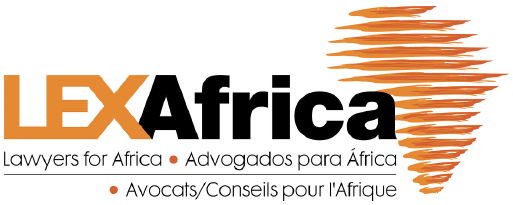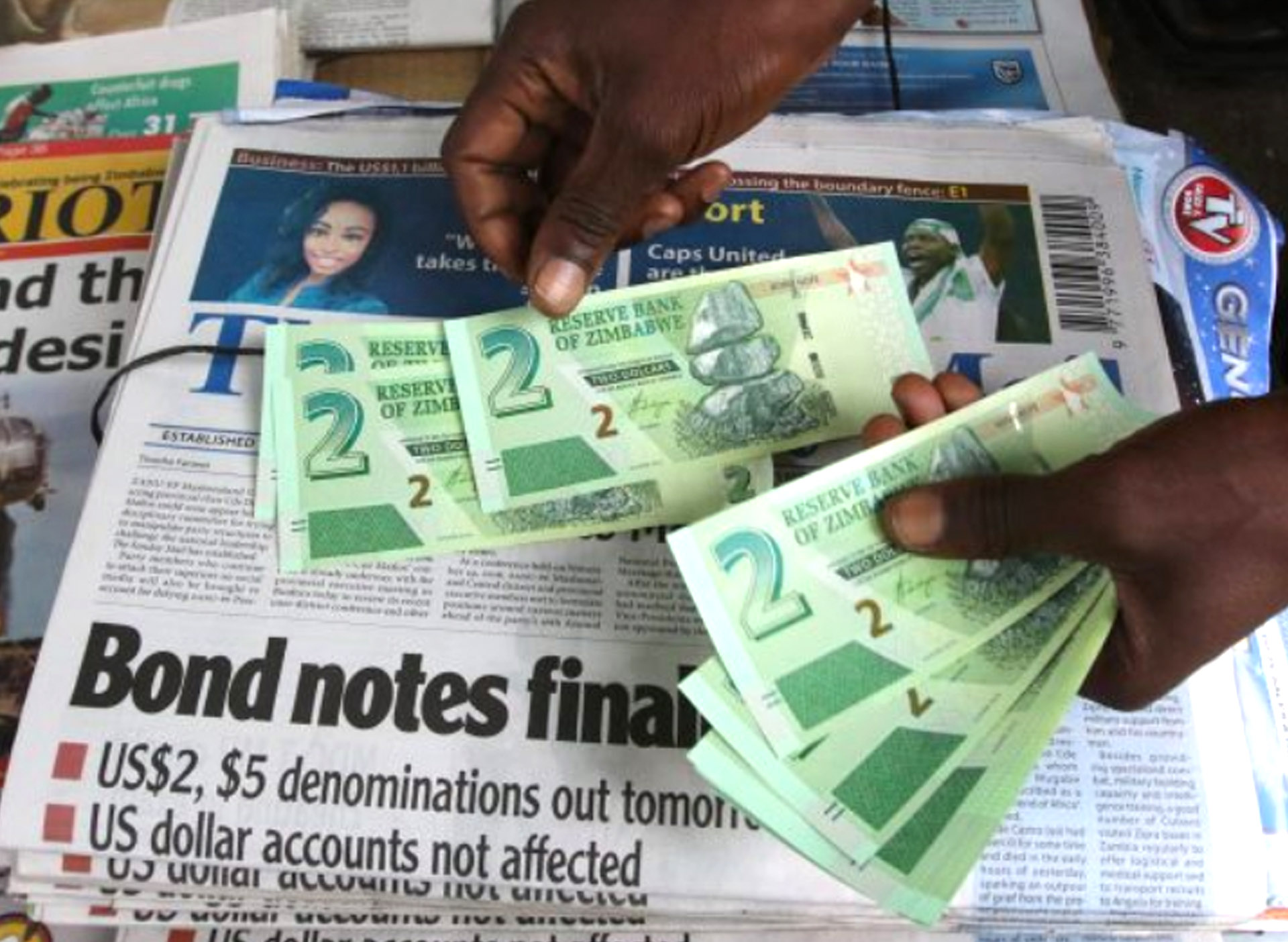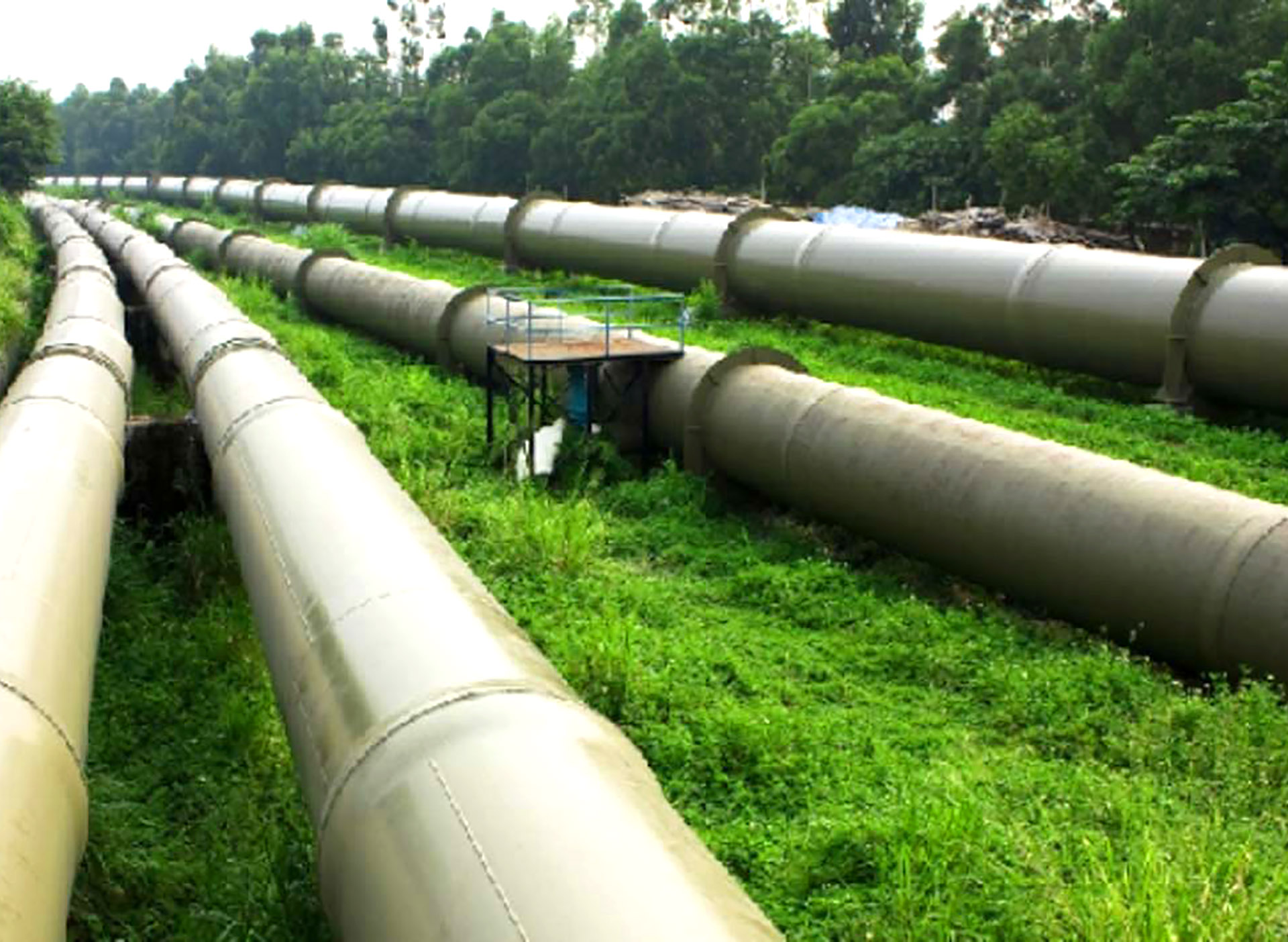 By Emery Mukendi Wafwana, Emery Mukendi Wafwana & Associates Law Firm
By Emery Mukendi Wafwana, Emery Mukendi Wafwana & Associates Law Firm
The Government of the Democratic Republic of Congo (DRC) commenced the review process in respect of its Act No. 007/2002 of July 11, 2002 on Mining Code (Mining Code) in 2012. The process eventually culminated in the promulgation by the President of the Republic of the Act Amending the Mining Code (Amending Act).
As promulgated, the Amending Act contains provisions which considerably affect the fiscal, customs and exchange regimes of the Mining Code and a number of critical provisions for the protection of existing mining projects, in particular, Article 276 related to the Guarantee of Stability (Legal Guarantee of Stability).
Guarantee of Stability
The Mining Code was promulgated in 2002 to meet the needs of relaunching the mining sector, which was dormant. It put in place a legal mechanism that would attract foreign private investments in a sector which was for a long time managed by the state. Hence the establishment of the Legal Guarantee of Stability in the Mining Code is important for both the government and promoters of mining projects in the DRC. It is the bedrock of the national mining policy in that it stimulates the mobilisation of private investment in the mining sector.
The legislation affirms: “The Congolese State guarantees to the holders of mining rights the existence of a good investment climate expressed by its firm commitment to the respect of the rights granted by the Code and the fulfilment of its duties subject to such rights.”
However, between 2002 and 2014, the relaunch of the mining sector did not yield substantial revenues to the state for its social and economic development. Neither did it meet the various expectations based on the Mining Code.
Amending Act
The Amending Act has significantly reduced the scope of rights covered under the Legal Guarantee of Stability by limiting it only to the fiscal, customs and exchange regimes, and for period of five years as opposed to the period of 10 years as from the entry into force of the coming legislative amendments. As immediate enforcement of the Amending Act does not imply the implementation being backdated to July 11, 2002, especially because the legislator did not explicitly stipulate it in the Act, the Amending Act provides for the future and does not harm acquired rights legally guaranteed by the state.
Thenceforth, it is clear that the Amending Act cannot be regarded as a prejudice to the interests of the beneficiaries of the Legal Guarantee of Stability for the mere fact of its promulgation and publication, as long as it has not been applied effectively. In this case, beneficiaries of the Legal Guarantee of Stability cannot be legally justified to request any compensation only if at the time of implementing the Amending Act, public services, administrations and civil servants tasked with implementing the Act refuse to grant them the full benefit of this guarantee, especially regarding not only its scope but also its period of intangibility. Consequently, any litigation against the government based on the mere promulgation and gazetting of the Amending Act before any court or any arbitral entity, could be considered as premature.
However, the government, being under the obligation to implement the provisions of the Amending Act, should comprehensively and unequivocally clarify, in its Mining Regulations to be amended, the scope of the Legal Guarantee of Stability and its effects on existing mining projects, as at the effective date of the Amending Act. The government should further instruct and train the civil servants tasked with implementing the Mining Code and the Amending Act on the best practices of the Code regarding the scope and the effects of the amendment of the Mining Code on the existing mining projects which are under the regime of the Mining Code. This would contribute to the good conduct of civil servants whose contrary practices would expose the State to compensatory actions for breach of acquired rights legally guaranteed by the state. This would allow the beneficiaries of the Legal Guarantee of Stability an opportunity to rightfully litigate for wrong or damaging application of the provisions of the Mining Code and its Amending Act.

T: (+1) 212 922 0040 (New York)
T: (+243) 1 512 4738 (Kinshasa)

























